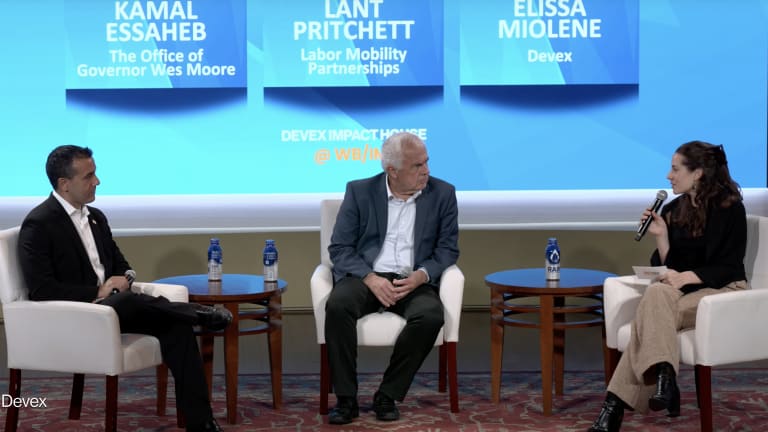
A new report by Oxfam sheds light on the welfare of workers who are part of Unilever supply chain in Vietnam. The goal: to get other companies thinking about what has become a new focal point for the aid community.
The fruit of a two-year collaborative between Oxfam and Unilever, the report, released Feb. 18, deals with issues affecting Unilever’s 1,500-strong Vietnam staff, operations and suppliers. With the company’s blessing, Oxfam’s team of researchers assessed working hours, wage levels, stability of employment and relations between the Unilever’s management and laborers.
The report allowed Oxfam and Unilever to compare the actual situation of workers with the company’s high-level policy commitments based on international standards and local conditions.
Labor issues among Unilever’s supply chain emerged: More than half of the suppliers interviewed were vague about Unilever’s expectations on labor standards, and some reported low wages, excessive working hours and risky work conditions. According to Oxfam, such instances are prevalent in global supply chains.
Oxfam provided the following recommendations, discussed in-depth in the report, to mitigate these issues:
Adjust policies and business models to deliver better-quality jobs for workers by paying a living wage and minimizing precarious work.
Better align business processes with policy.
Strengthen due diligence processes to take account of people’s vulnerability to speak out.
Work with others to promote scalable ways to realize rights and increase collective leverage.
Apply changes specific to your operations in a particular country.
Integrate into the “sustainable living plan” and/or public reporting process measurable targets for labor rights and job quality.
Unilever responded in the report by vowing to continue to take initiatives to mainstream the integration of human and labor rights on the global and locals levels. These initiatives, listed by Unilever Chief Executive Officer Paul Polman, will be jointly reviewed with Oxfam in two years:
Ensure that Unilever promotes sustainable livelihoods for all workers and those in the company’s “value chains.”
Mitigate the “casualization” of labor within Unilever’s workforce wherever possible.
Invest in ensuring that Unilever’s “supplier code” is understood and acknowledged by all of the company’s tier-1 suppliers by the end of 2014.
Ensuring that Unilever meets the same standards expected from its suppliers.
Partner with others to mainstream the integration of human and labor rights by business.
The report is the latest step in Oxfam and Unilever’s collaboration, which goes back 10 years. Among its joint projects include the 2004–5 Unilever Indonesia socioeconomic impact study, “Exploring the Links Between Business and Poverty Reduction: A Case Study of Unilever Indonesia.”
Read more development aid news online, and subscribe to The Development Newswire to receive top international development headlines from the world’s leading donors, news sources and opinion leaders — emailed to you FREE every business day.








